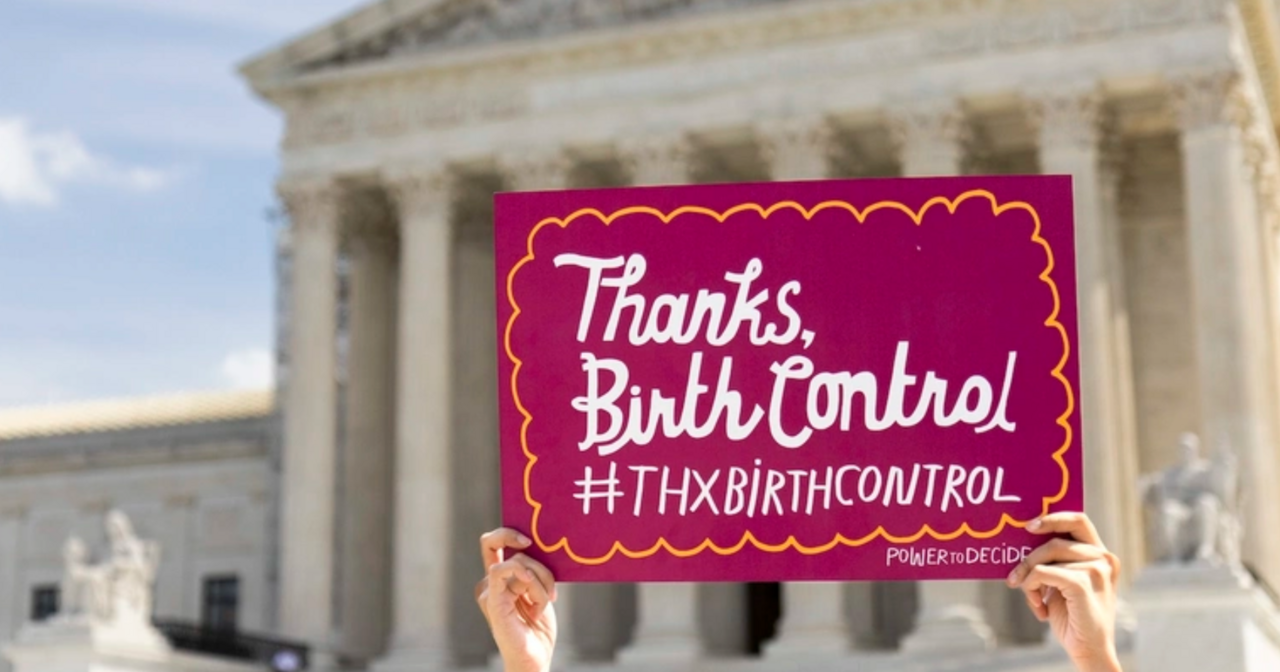Thanks, Birth Control Day is November 14 and this year, more than ever, health care providers have a key role to play in defending birth control access and celebrating all it makes possible. We can learn about navigating reproductive care from focus group conversations about contraception with health care providers across the country from a wide variety of settings and backgrounds conducted in March 2024 by Bellwether Research.
Patient-centered approaches to addressing misinformation
Misinformation about birth control and reproductive care seems to be everywhere these days, from social media to politics. However, it isn’t a new issue. For years, people have received reproductive health information of varying quality from friends, family, and other sources. Now, social media and the internet make misinformation more widespread, creating an illusion of credibility, and leaving many people lacking the essential information they need to make informed decisions about birth control.
The good news is that young people want to get information about birth control from health care providers. Providers can use patient-centered strategies to clearly, authentically, and accurately dispel misinformation about birth control.
- Focus on patient-centered contraceptive counseling. That means prioritizing building rapport and listening to your patient’s experience over proving you are “right”.
- Use reflective listening to let patients know you’ve heard what they have to say, even if what they are saying isn’t completely correct. Such as, “I hear that you are concerned about …” or “I hear that concern from a lot of my patients”.
- Correct mis (or dis) information about birth control with clear, truthful language in a way that can be easily understood and absorbed by the patient.
- Connect patients interested in learning more about birth control with Bedsider.org or use Bedsider educational materials to support patient-centered, non-directive contraceptive counseling.
Want to hear it in practice? Check out Power to Decide’s CEO, Dr. Raegan McDonald-Mosley, a practicing OB/GYN, dispel some of the most common birth control myths.
Words matter
As a health care provider, your words matter in the exam room and beyond. Inaccurate terminology can fuel misinformation and lead to confusion about birth control and abortion. Misinformation can also be used to fuel unnecessary restrictions on access to
contraception. The keys to talking about birth control are using precise language and avoiding misinformation and confusion about abortion and birth control. Here are some key facts to lean into as you talk about pregnancy, birth control, and abortion:
- Pregnancy can’t begin until a fertilized egg implants in the uterus.
- All birth control methods, including emergency contraception and IUDs, prevent pregnancy before it starts.
- Abortion pills disrupt an ongoing pregnancy, so they aren’t the same thing as any type of birth control.
- Both types of EC pills work to prevent pregnancy by delaying ovulation, and they don’t affect an ongoing pregnancy.
Read more about the difference between medication abortion, EC, and birth control pills on Bedsider and how to answer frequently asked questions on Bedsider Providers (including a handy side-by-side chart).
Beyond the exam room
As a provider, your primary focus is likely on what brought you to this work—taking care of patients! While abortion providers and others who primarily provide reproductive health care might find this surprising, this research found that many providers and their patients across the country are not highly aware of how decisions by politicians and changes to the legal landscape could impact reproductive care in their practices, especially when it comes to birth control.
The truth is attacks on abortion and birth control are happening across the country—from a law in Indiana eliminating the IUD as birth control for Medicaid patients to a court case in Texas restricting minors’ access to birth control information. These attacks on reproductive health care are likely to intensify in 2025, but that doesn’t change the fact that access to high-quality, person-centered contraceptive counseling and birth control access is critically important for people to achieve reproductive well-being. Even in the face of limits to reproductive health care, you can increase access to birth control beyond the exam room:
- Check out the Bedsider Provider+ Policy Tracker to stay current on your state’s contraceptive policies.
- Learn about ways providers can get involved at the Federal- and State-level to advocate for access to birth control and abortion.
Bottom line
Health care providers are a critical and preferred source for information about sexual and reproductive health. Supporting your patient’s reproductive well-being is critically important, and so is how you talk about pregnancy, birth control, and abortion in the exam room and beyond. This Thanks, Birth Control Day use our GIFs and stickers on GIPHY by searching “ThxBirthControl” or “Bedsider,” and share Bedsider’s posts on social media on November 14th to spark conversations within your networks.




